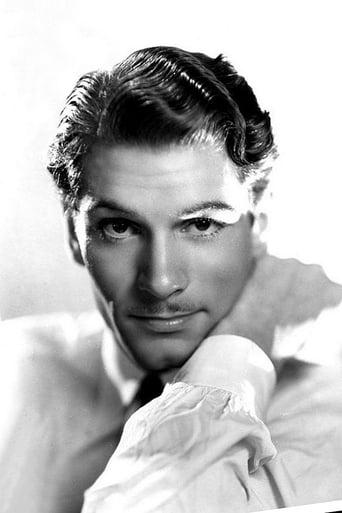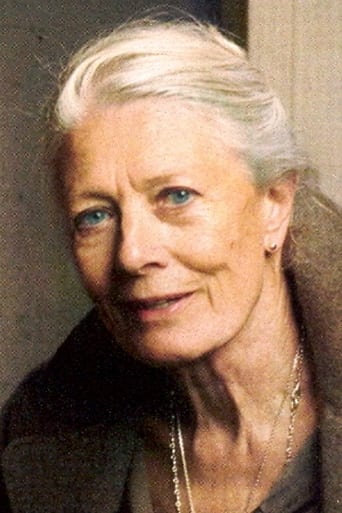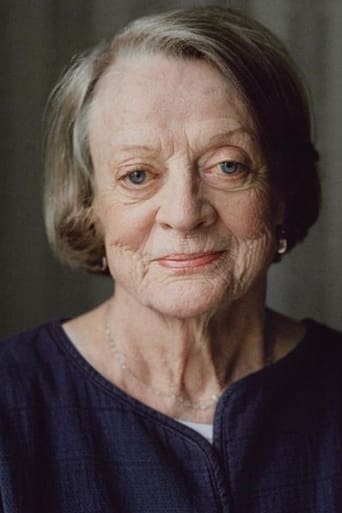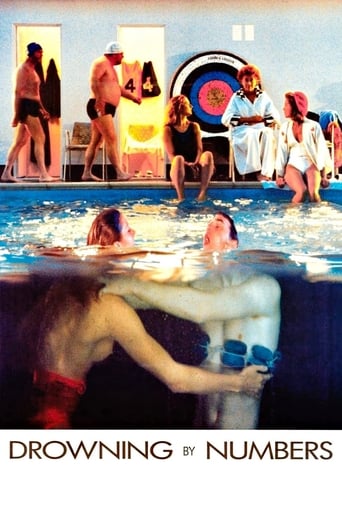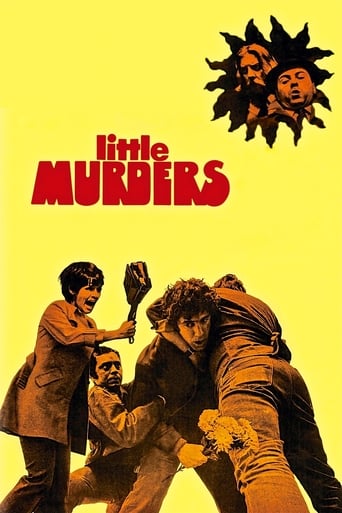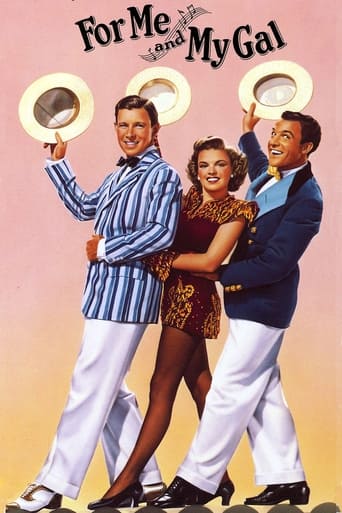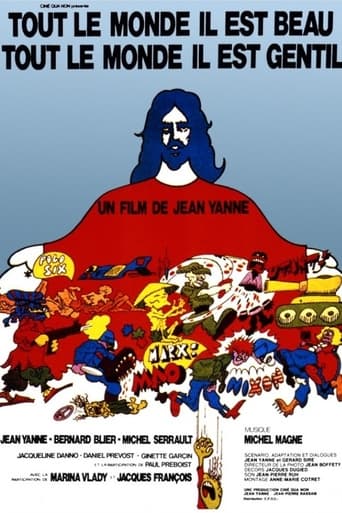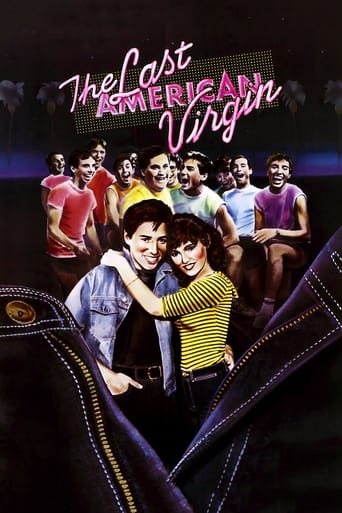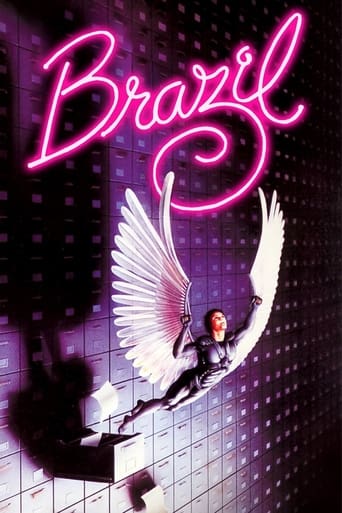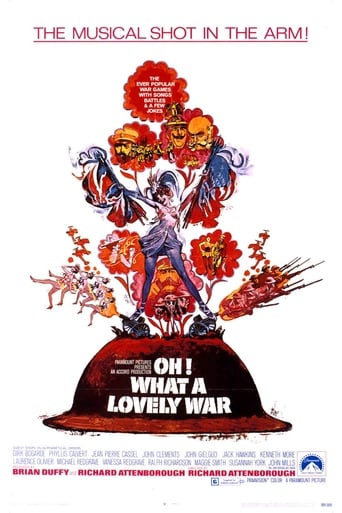
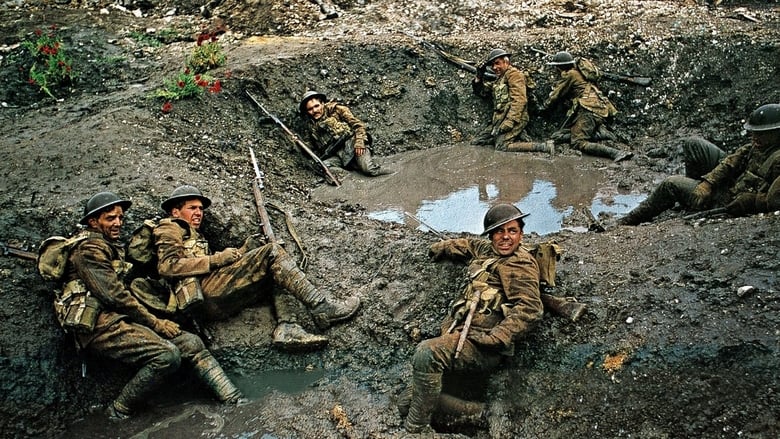
Oh! What a Lovely War (1969)
The working-class Smiths change their initially sunny views on World War I after the three boys of the family witness the harsh reality of trench warfare.
Watch Trailer
Cast
Similar titles
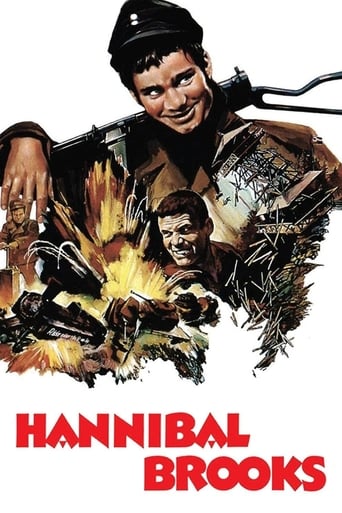
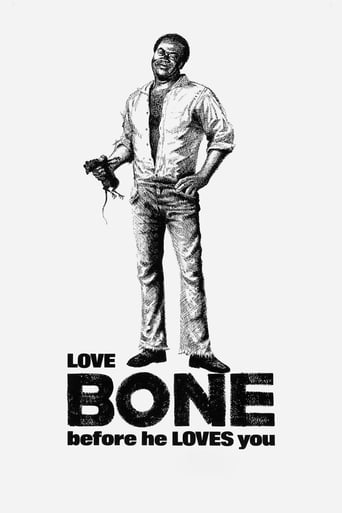
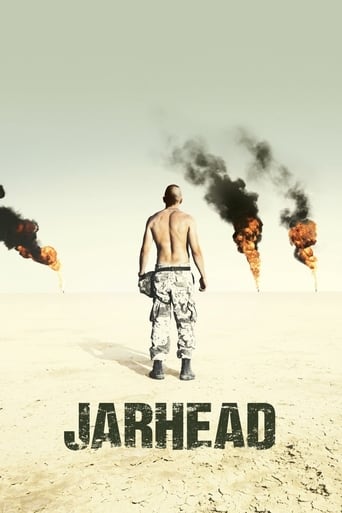

Reviews
Great Film overall
It's entirely possible that sending the audience out feeling lousy was intentional
There are moments in this movie where the great movie it could've been peek out... They're fleeting, here, but they're worth savoring, and they happen often enough to make it worth your while.
The movie's not perfect, but it sticks the landing of its message. It was engaging - thrilling at times - and I personally thought it was a great time.
Shocking, brilliant, unforgettable. The most brilliant indictment of the idiocy of war. Don't be discouraged by the title or the fact that it is a musical. It contrasts the propaganda and misinformation with the real horror and cost in lives of the war. It does it with music and song and with readings. All based on fact.A film that you will remember for ever.
Point of interest At the beginning of the film we see a sign on Brighton Pier with World War One above an entrance, of course this was artistic licence by the film makers the term was not used at all throughout that awful conflictIt's hard to pinpoint precisely when the term World War I first arose During World War I, of course, nobody knew that a second global conflict would follow closely on the heels of the first, so there was no need to distinguish it as the first of its kind. After initially referring to the "European War," U.S. newspapers adopted "World War" once America entered the confrontation in 1917. On the other side of the Atlantic, meanwhile, Britons preferred "Great War" until the 1940s—with the notable exception of Winston Churchill, who reminisced about the "World War" in the 1927 volume of his memoir "The World Crisis."This is one of my Favourite Anti-War films I disagree with a previous poster saying the first "Act" of the film was boring and unnecessary and was on the heavy sideI think the opposite it sets the film up it gives us the information we need to set the movie in context and as for using heavyweights like Gieguld,Richardson,More,Holm,Hawkins,Olivier,Redgrave,Mills, again it sets the perfect tone the correct amount of light and dark
*Spoiler/plot- Oh! What a Lovely War, 1969. Follows the major British emotions and actions of WW1 internationally all through the war with music, sarcasm, and songs.*Special Stars- John mills, John Gielgud, Ian Holm, Antony Ailey, Edward Fox, Dirk Bogard, Vanessa Redgrave, Ralph Richardson, Maggie Smith, Susannah York, Jame Seymour. DIR: Richard Attenborough.*Theme- War is not good for people or other living things...(except when it's defensive and necessary).*Trivia/location/goofs- Every time a poppy is seen someone dies, beginning with the photographer giving poppies to Grand Duke Ferdinand at the start of the film. The song "La Chanson DE Craonne" ("Adieu la Vie"), sung by Pia Sablon in the film, commemorates a mutiny in 1917 by French troops. Merely singing it was considered an act of mutiny, and it was banned in France until 1974. During the war, a reward of one million francs and immediate honorable release from the Army was offered for the identity of the author, but never claimed. It showed the famous Christmas front-line trench truce. *Emotion- A weirdly staged simplistic preachy anti-war Broadway play feature film produced during the height of the Vietname War by the British. A terrible theme premise and an even more typically erroneous Progressive view equating the first world war with the Vietnam struggle. The film allegory is not factual but it's oddly enjoyable to watch the producers and cast to try make the wars comparable. The songs are catchy and there is dark humor in this show to personalize the comic book roles. The only worth of this production is seeing the 'time capsule' inane stupidity of the cast and crew struggling with why warfare happens between countries. WW1 was a more serious topic (millions dying) and should have been more correctly dignified with a better treatment. Those millions should not be trivialized or used in such a binary 'black & white' fantasy musical romp. Terrible!*Based On- The original Broadway production of "Oh, What a Lovely War" opened at the Broadhurst Theater in New York on September 30, 1964, ran for 125 performances and was nominated for the 1965 Tony Award for the Best Musical. Did not win.
The musical has always been one of the most versatile genres. It has often been a lighter, more joyous, even more poetic way of presenting comedies, dramas and familiar stories. It can even bring in an additional layer of poignancy or satirical bite, and since the depression-era Gold Diggers of 1933 to the Oscar-winning West Side Story it has proved itself an adept vehicle for the dealing with serious social issues.But is the abstract frivolity of a musical perhaps a tad disrespectful for one of the most devastatingly tragic episodes of the twentieth century? It could have been, but the secret of Joan Littlewood's original musical play is in fact its roots in reality. As stated in an opening title every number is a genuine song from the time, just as all the statements made by historical characters are based on things they actually wrote or said. The extravagance of the staging in each scene is tailored to the play's twin prongs of satire and gritty re-enactment. Thus the "breaks" with reality are largely at the expense of the officers (playing leapfrog for example) or the war machine in general. Whenever we are with the soldiers the tone is far closer to naturalism and the songs are sung more or less as they really might have been, albeit with professional tunefulness.Richard Attenborough was part of the ongoing rush of actors and technicians into the director's chair. While not the best of these, Attenborough was far from the worst. Importantly for this picture, he has a real knack of controlling shifts in mood, taking us from bombast to humour to melancholy within a single scene through his control of fine detail. By changing the visual focus during a song, say from a group shot to a close-up of a face against a plain background, he moves us from its jolliness to its poignant flipside. One of the best examples is during the trio of songs in the French brothel, where Attenborough's arrangement of small movements in the background is consistent with the upbeat "The Moon Shines Down on Charlie Chaplin" into the bittersweet "Adieu la vie", all within the same space and handful of shots.Of course one of the most obvious trademarks of a Richard Attenborough film is that he uses it as a chance to hand out cameos to numerous greats of the British theatre, and there are more of them than ever in Oh! What a Lovely War. While it's nice to see the likes of Ralph Richardson, Laurence Olivier, John Mills, John Gielgud and Jack Hawkins (now muted by throat cancer but doing a wonderful bit of silent acting), it is the younger and lesser-known bit players who are really worth watching out for here. The best performance is surely that of former radio actress Mary Wimbush, who gives a quiet yet heartfelt turn as the mother of the Smith family, representing every mother's feelings through her wordless emoting. But by and large few of the cast make a lasting impact as they are all effectively bit players, and that goes for the big names too.But this was never meant to be a drama with an overriding personal story arc. It is the story of a war, and incidentally a surprisingly informative one. Precisely because it is does not focus for too long on any one character's strand, and by the clever mixing of historical statement and popular song, it is able to give us a point-by-point factual overview of the war's progress, as well as the reactions on the home front and in the trenches, and even an idea of the culture of the time. It teaches more political and domestic history than any other First World War picture I know. Oh! What a Lovely War is perhaps not so much a musical drama, as a musical documentary.
